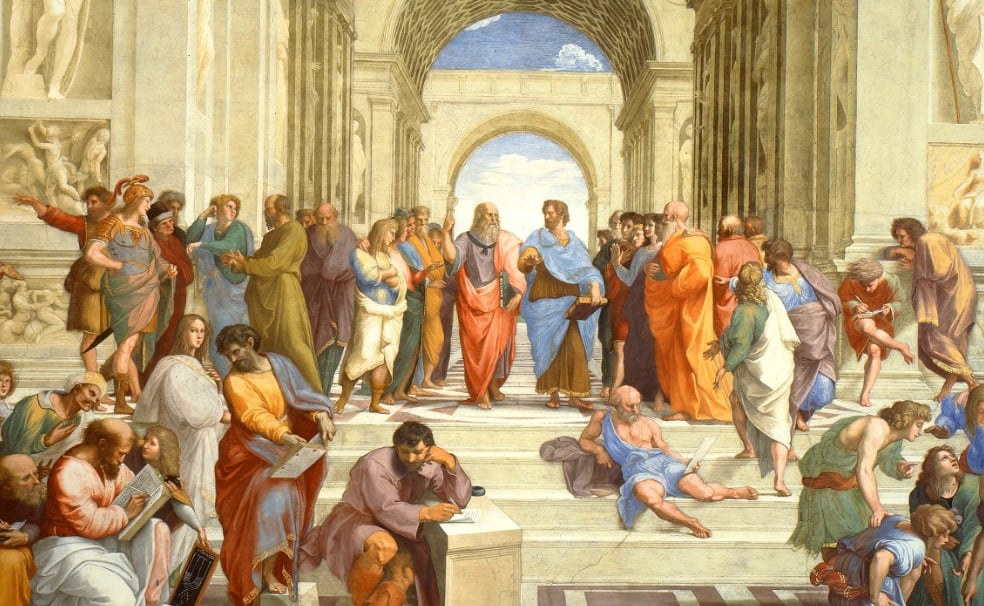Plato came up his his noble lie, in an attempt to build structure and give people purpose. He wanted to reframe the old god myths into stories that teach ethics and morals. Then, ( if I recall correctly) he suggested the philosophers and rulers tell the people that the gods infused each of them with one of three metals, Gold, Silver or Iron. This metal had nothing to do with your physical lineage but was a feature of the soul and it was one’s duty to figure out which metal they were infused with and thereby structure a vocation around this metal (this is where “test your metal” comes from)
Here we see that even Plato struggled with the issue of the ruling of the population without some type of unauthentic application.
I can steel man Plato’s argument as I understand his conclusions and even admire the intellectual idea of giving the people moral stories and structure, but I don’t agree with it. He was very focused on public health and not overly concerned with the individual.
Even if we had a philosopher king, humanity would never meet perfection or a utopia. Part of being human is being flawed and messy. When there are many humans…it is exponential. Our best bet is to get back to right relation with the land and the energetic field we live in. A philosopher king would indeed be better than what we have now, but…I honestly don’t think we need an overarching human sovereign. Perhaps I am naive. There are certainly times when I interact with the public that I wonder if many of them are willing to take hold of their own desires and rule themselves properly. I also know that much of our garbage is due to the massive corruption going on in the people who are supposed to be our “leaders” .
I still believe in what our founding mothers and fathers built, and that we are currently in an alchemical process that is in its grotesque phase. I think that we will come out on the other side of this sludgy mess, living in something closer to what the founders had in mind, closer than even what they themselves experienced when they were incarnated.





